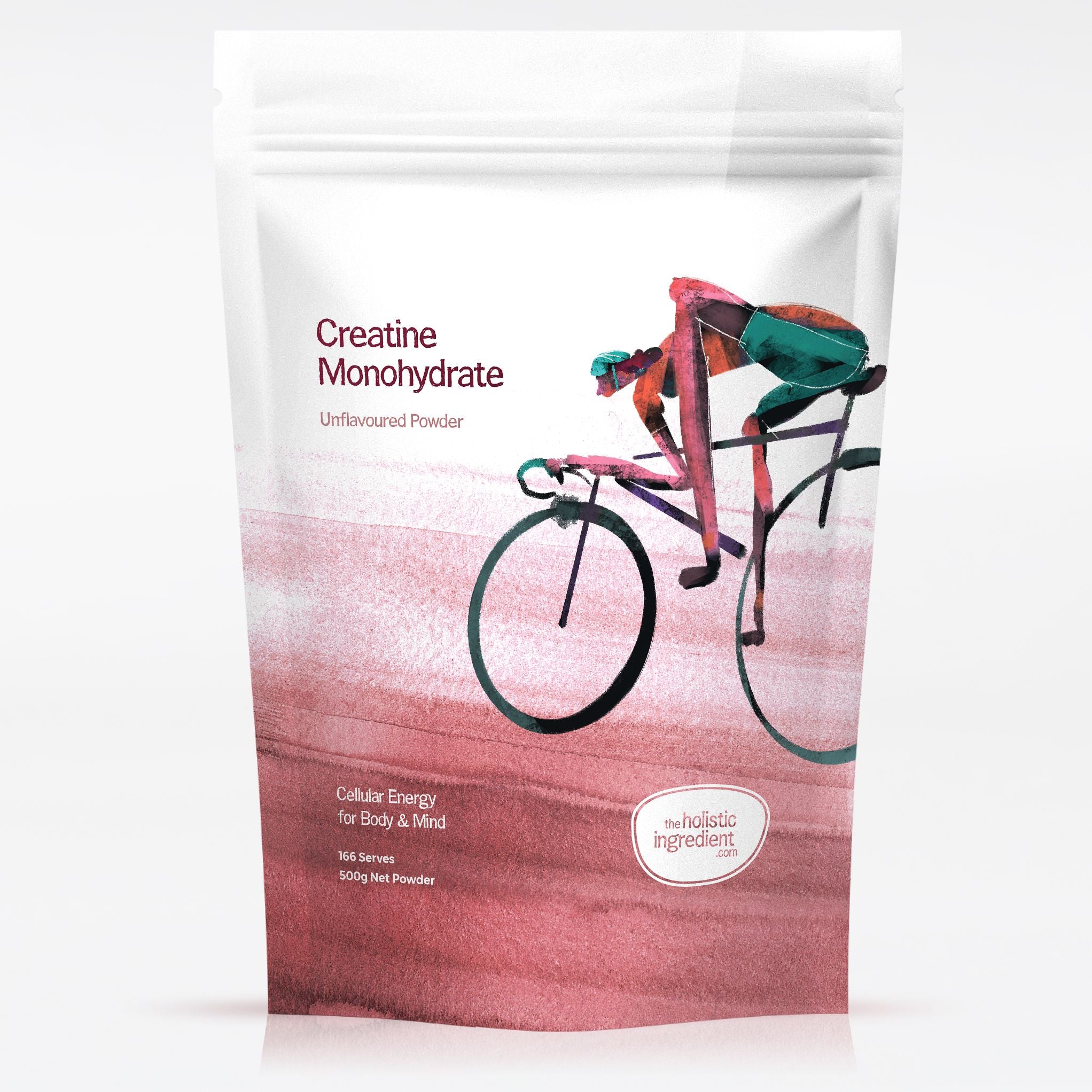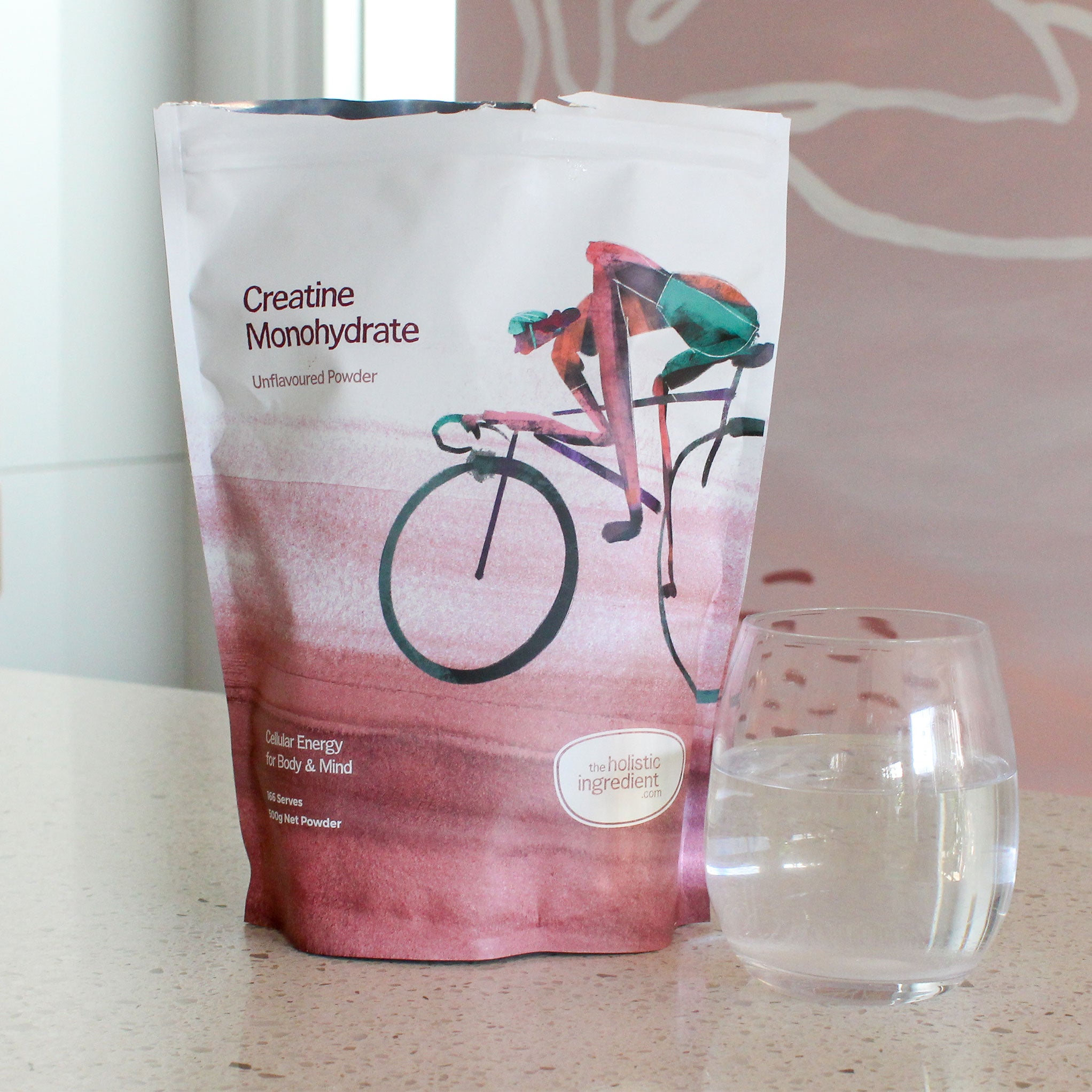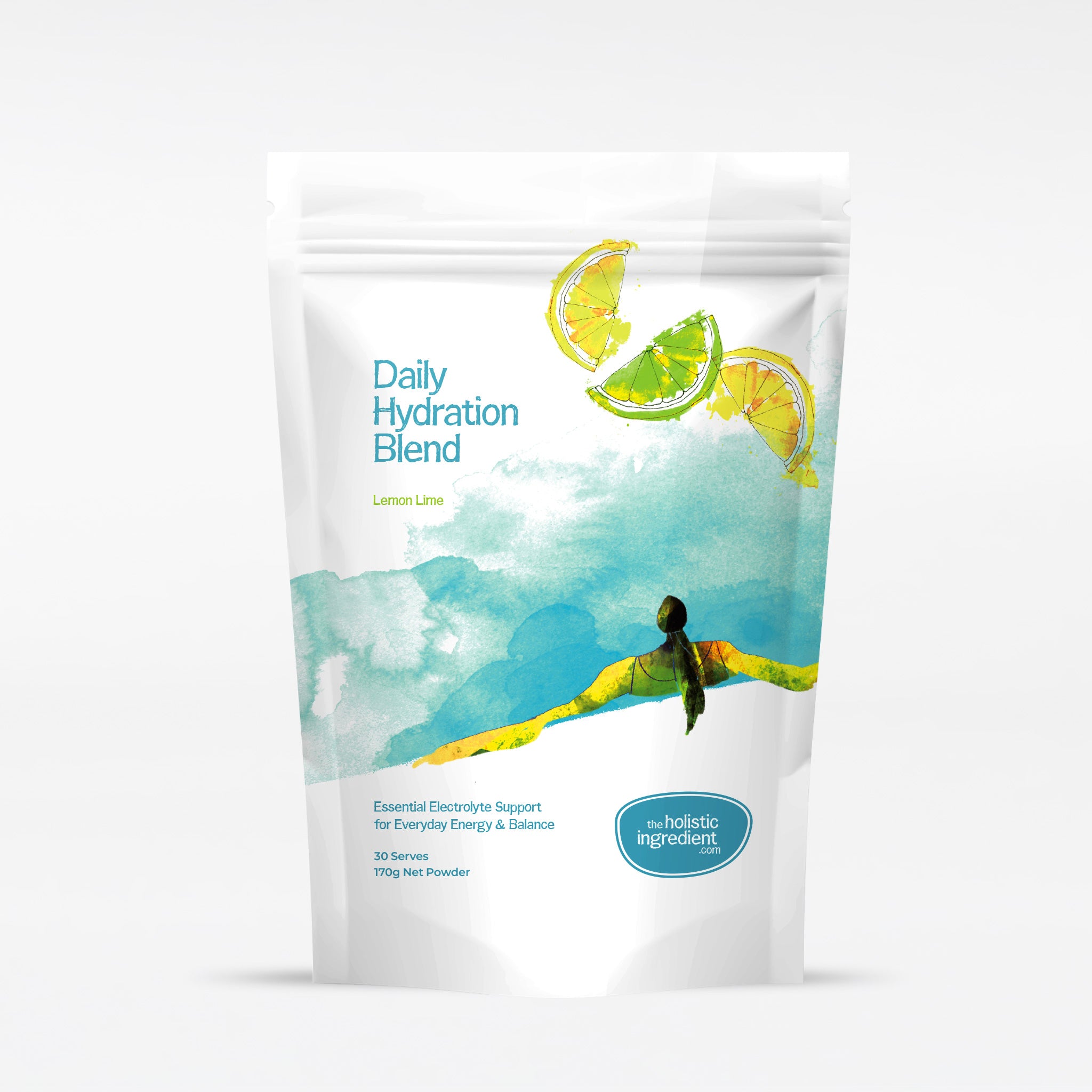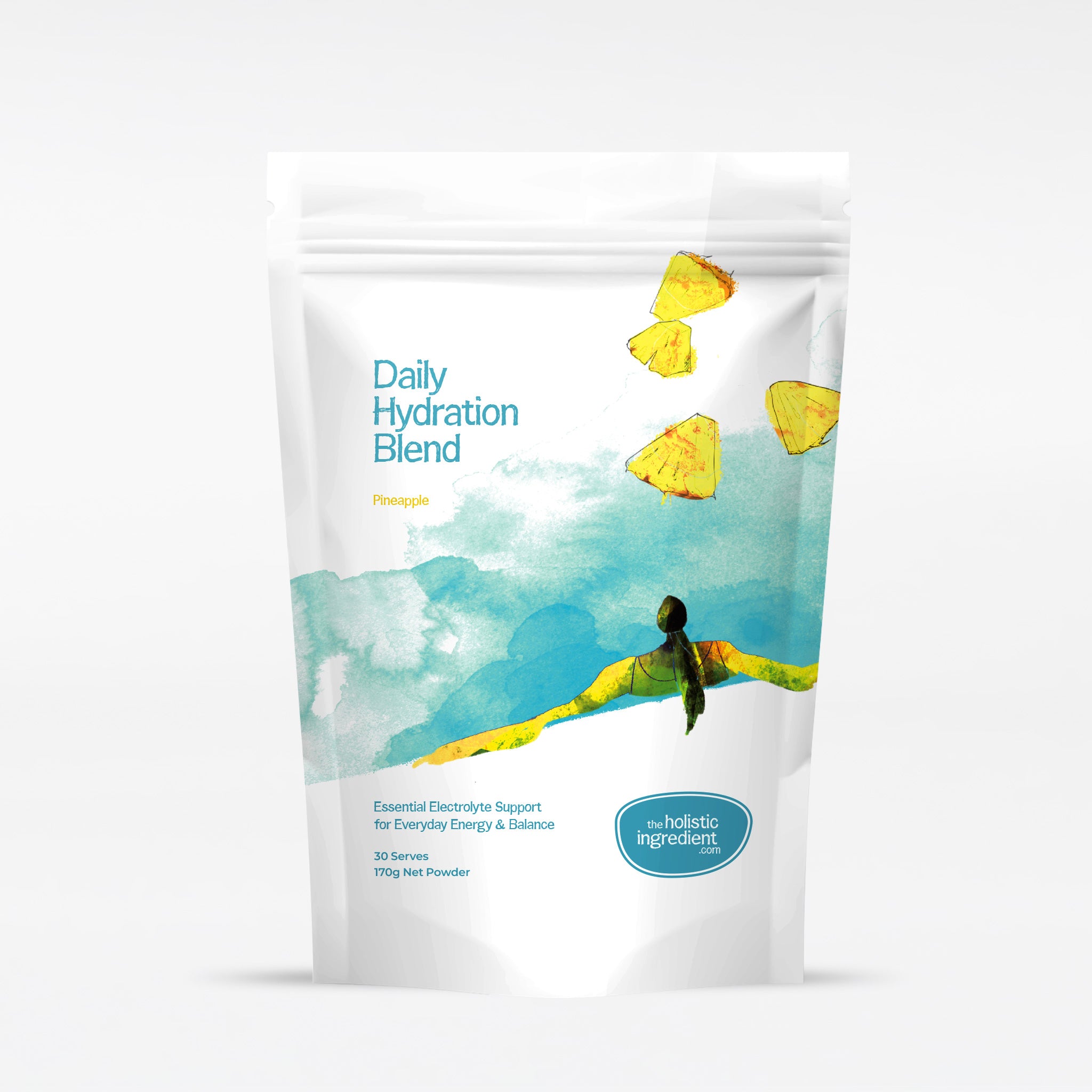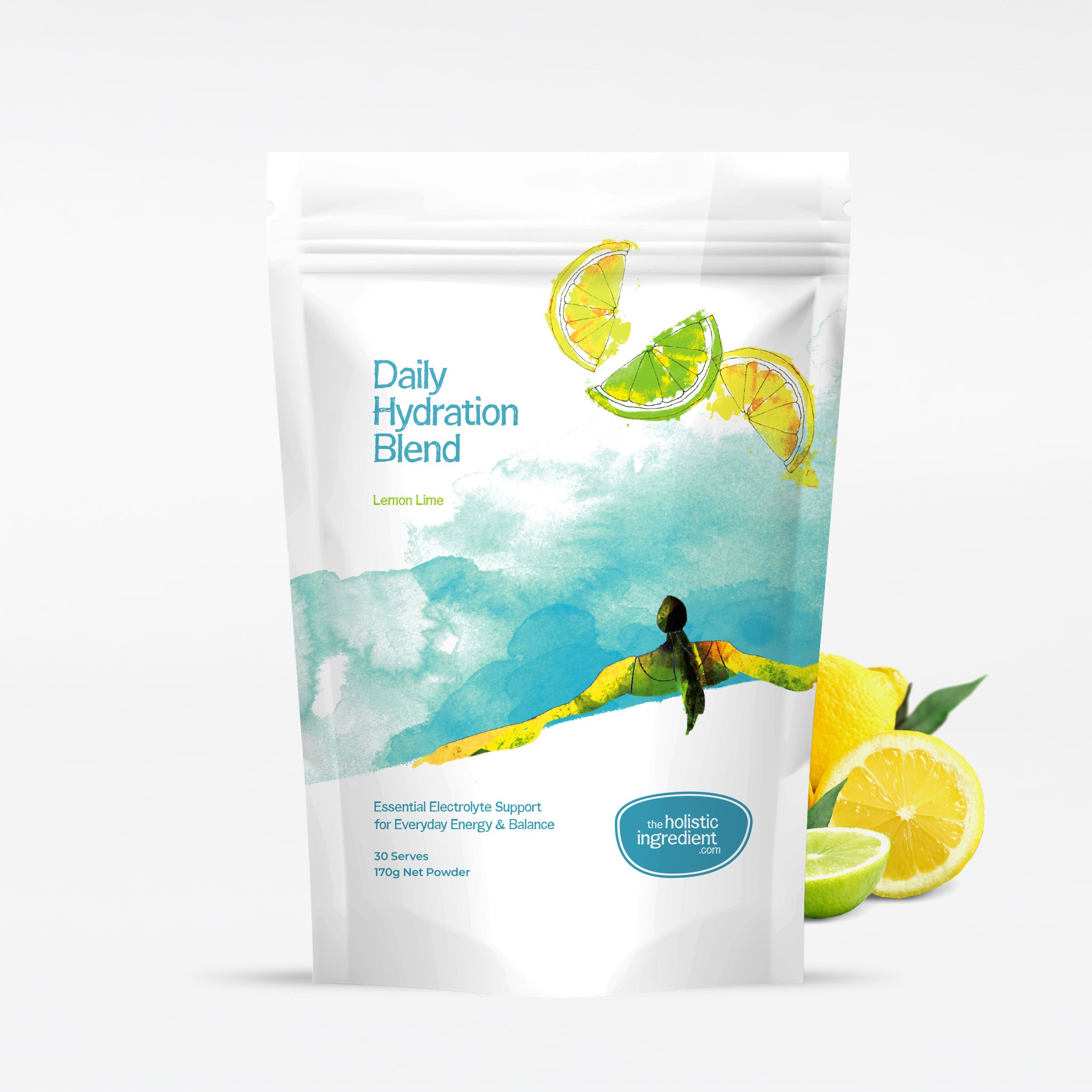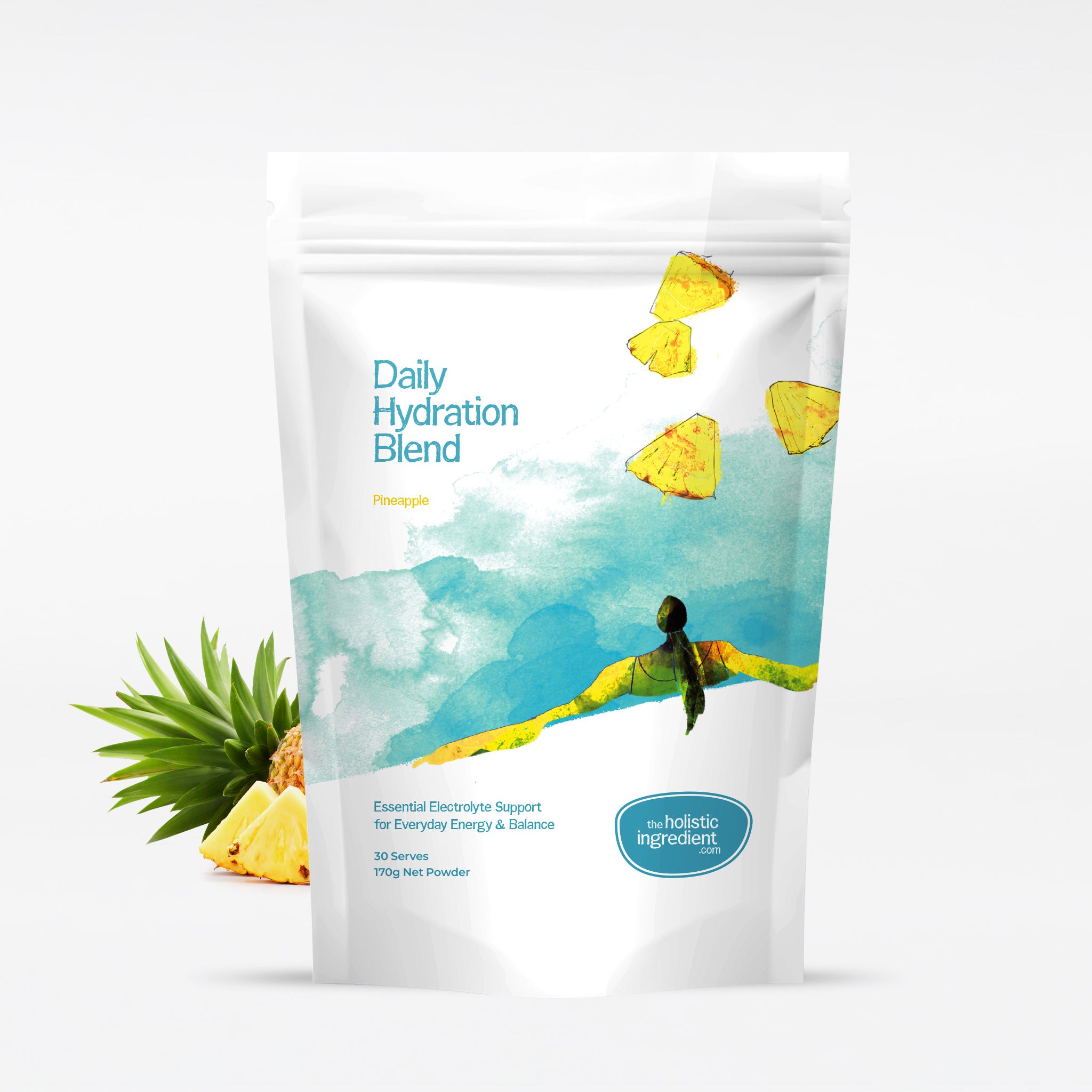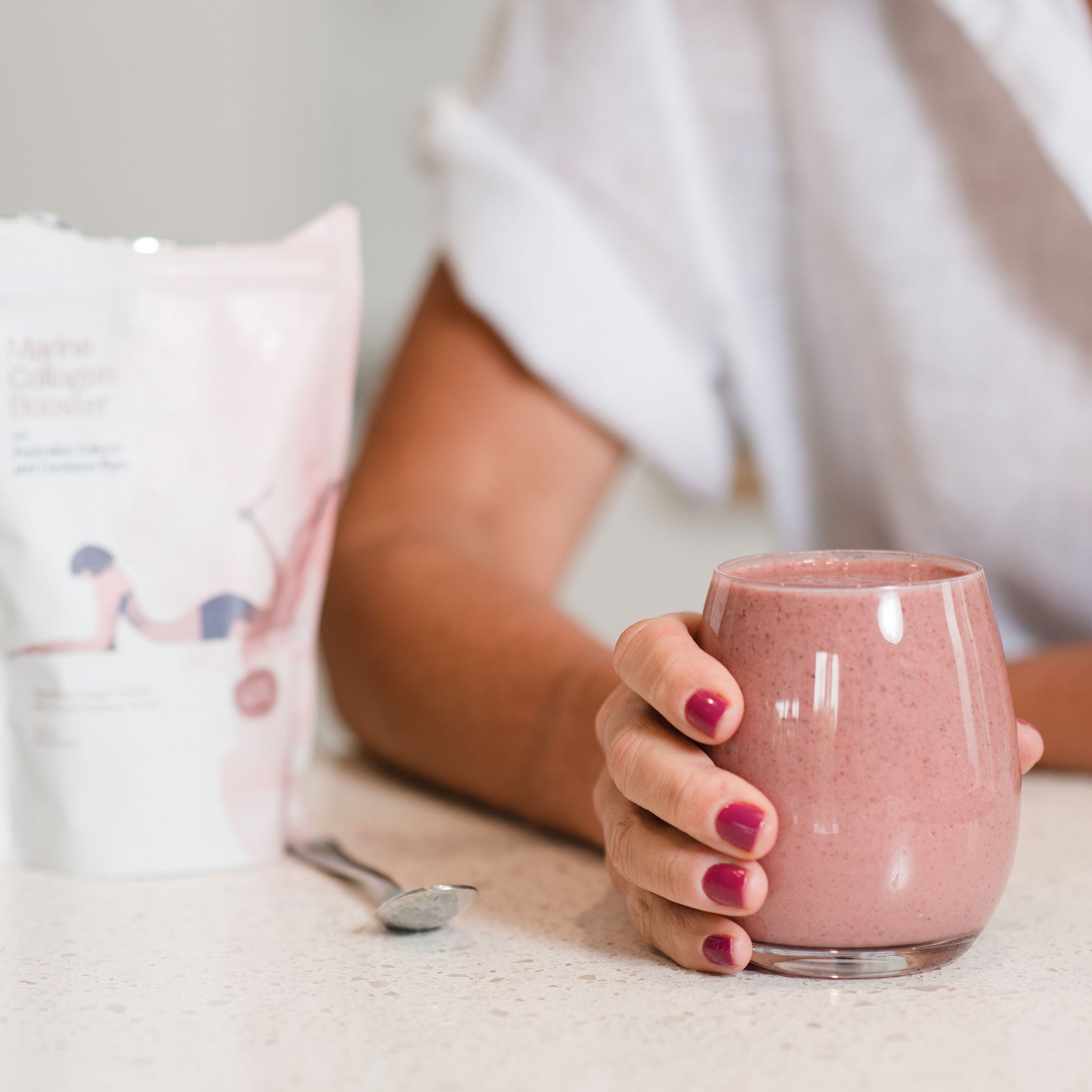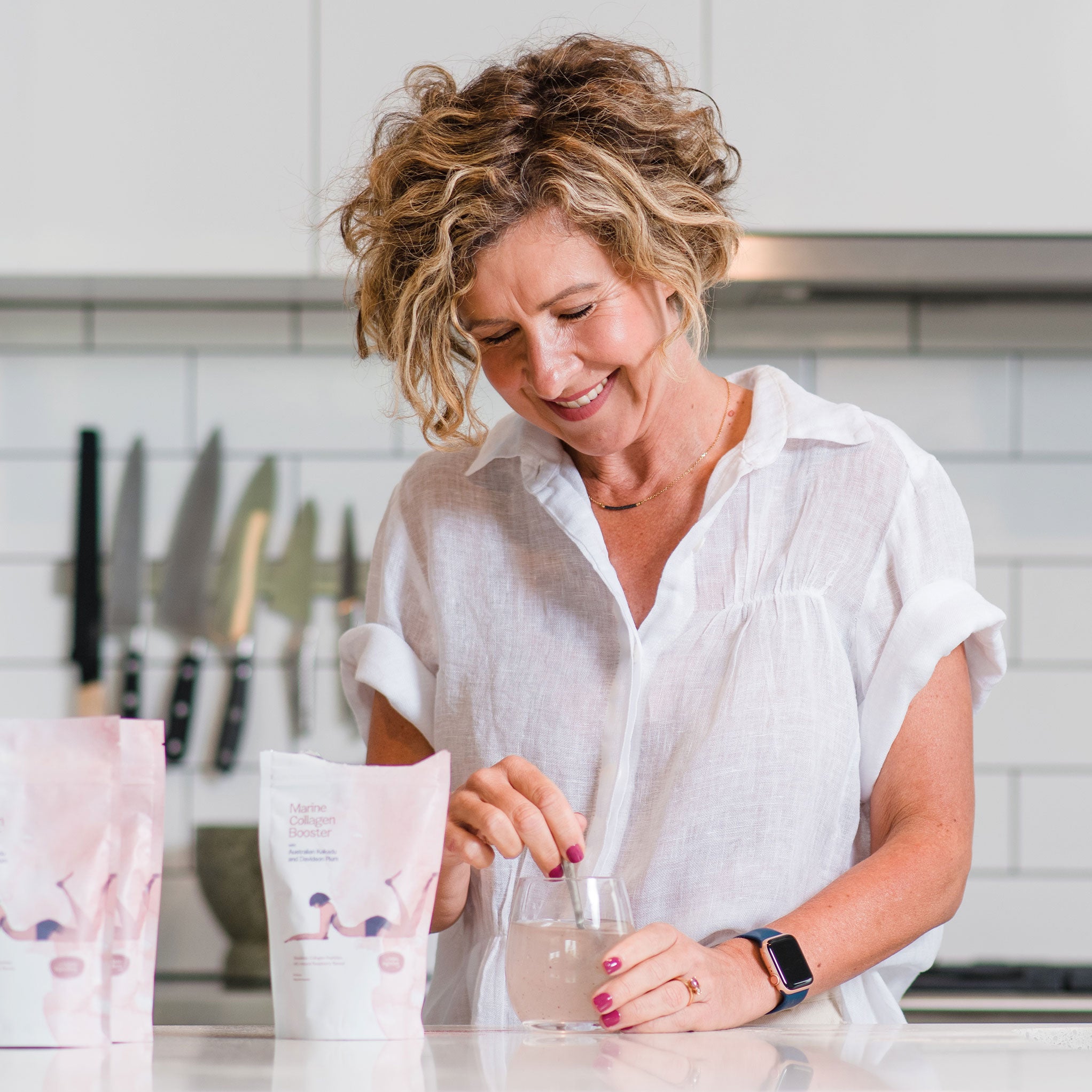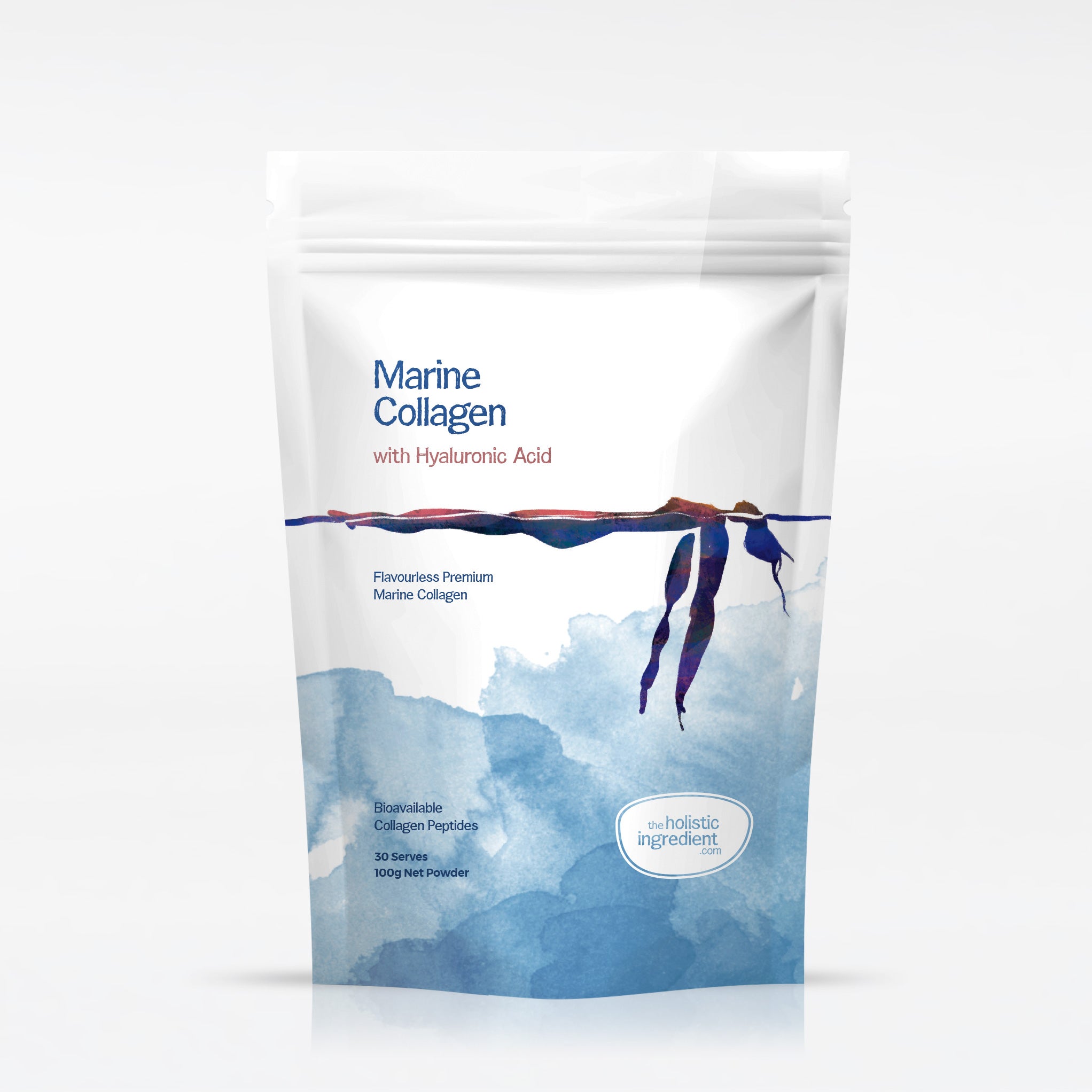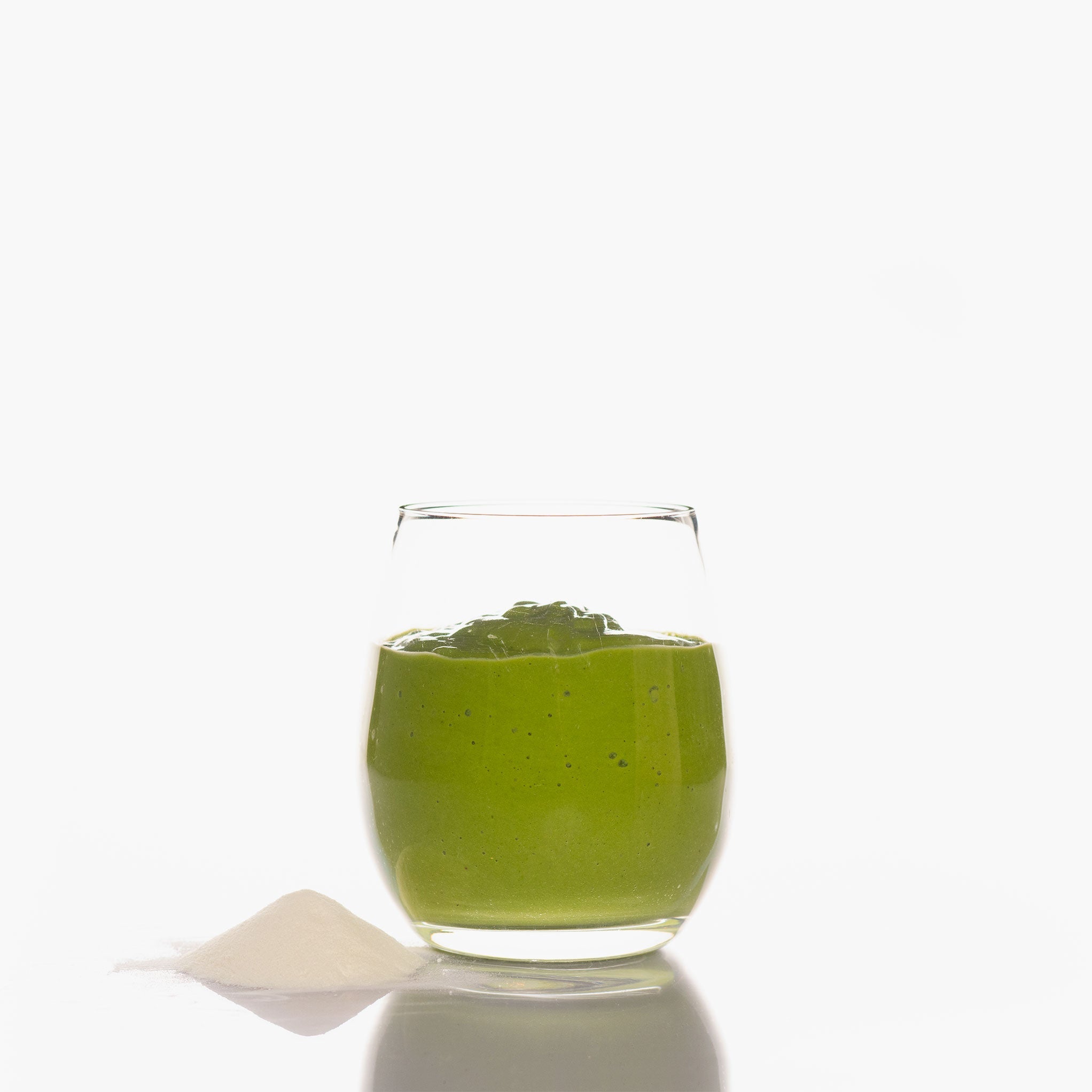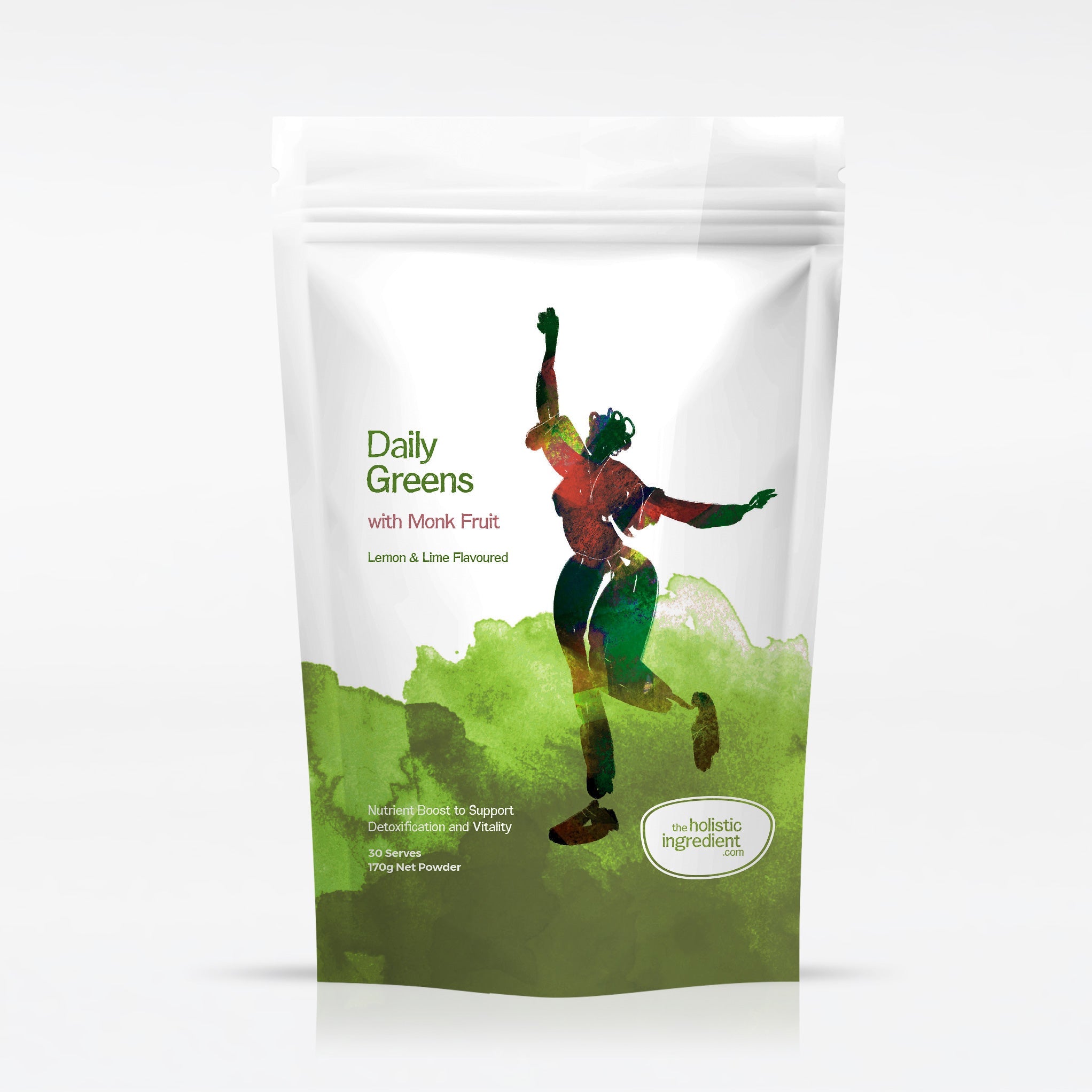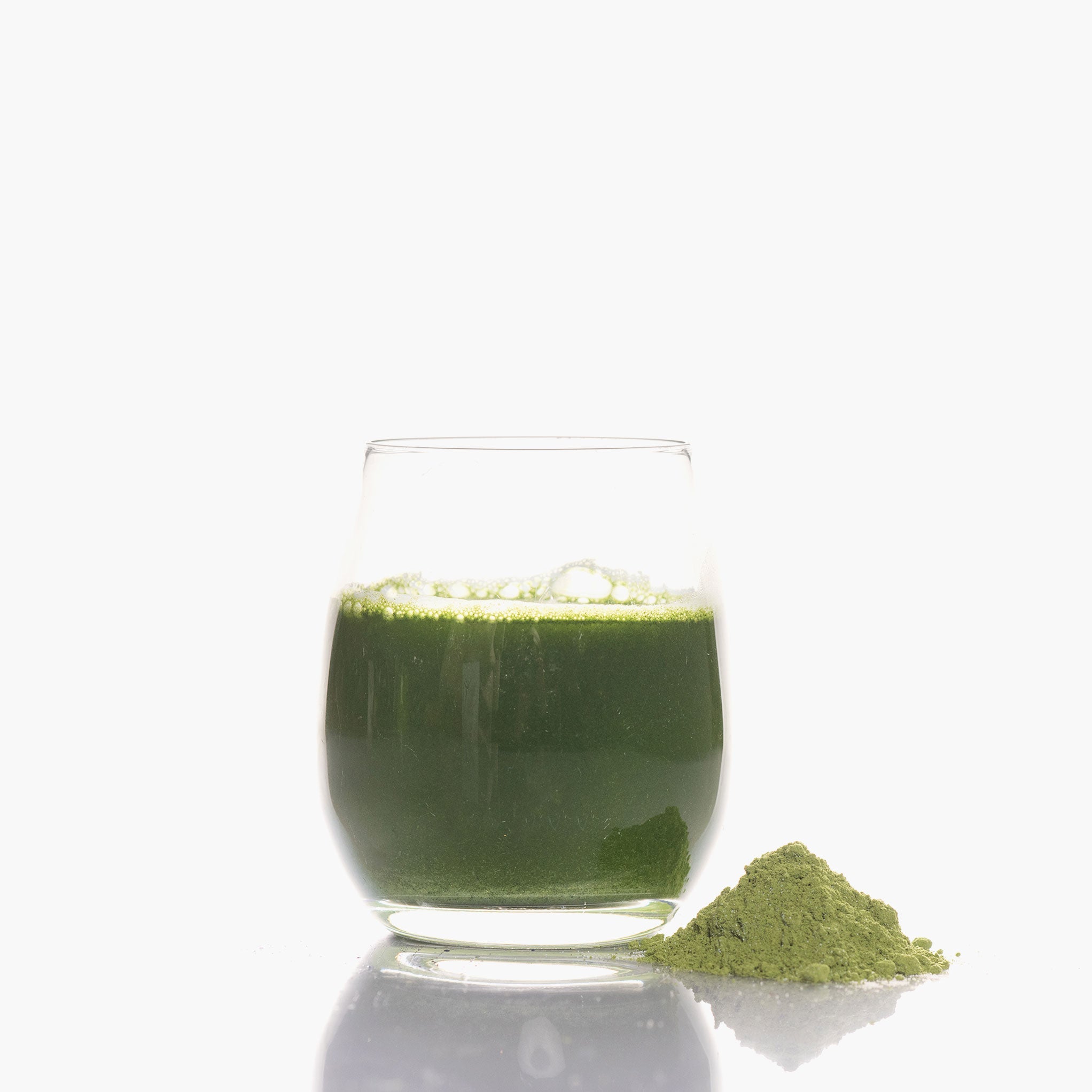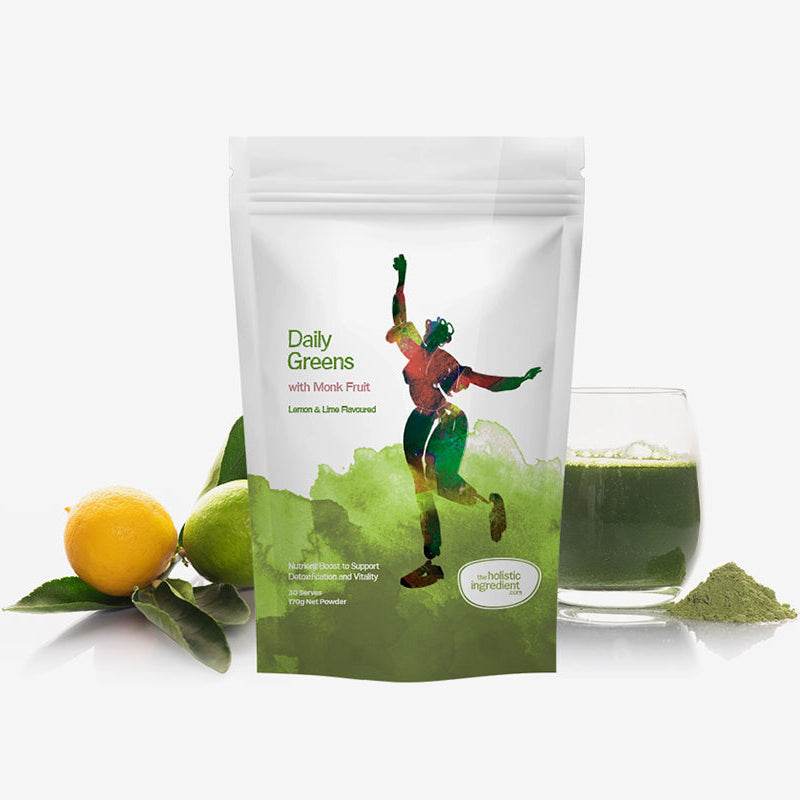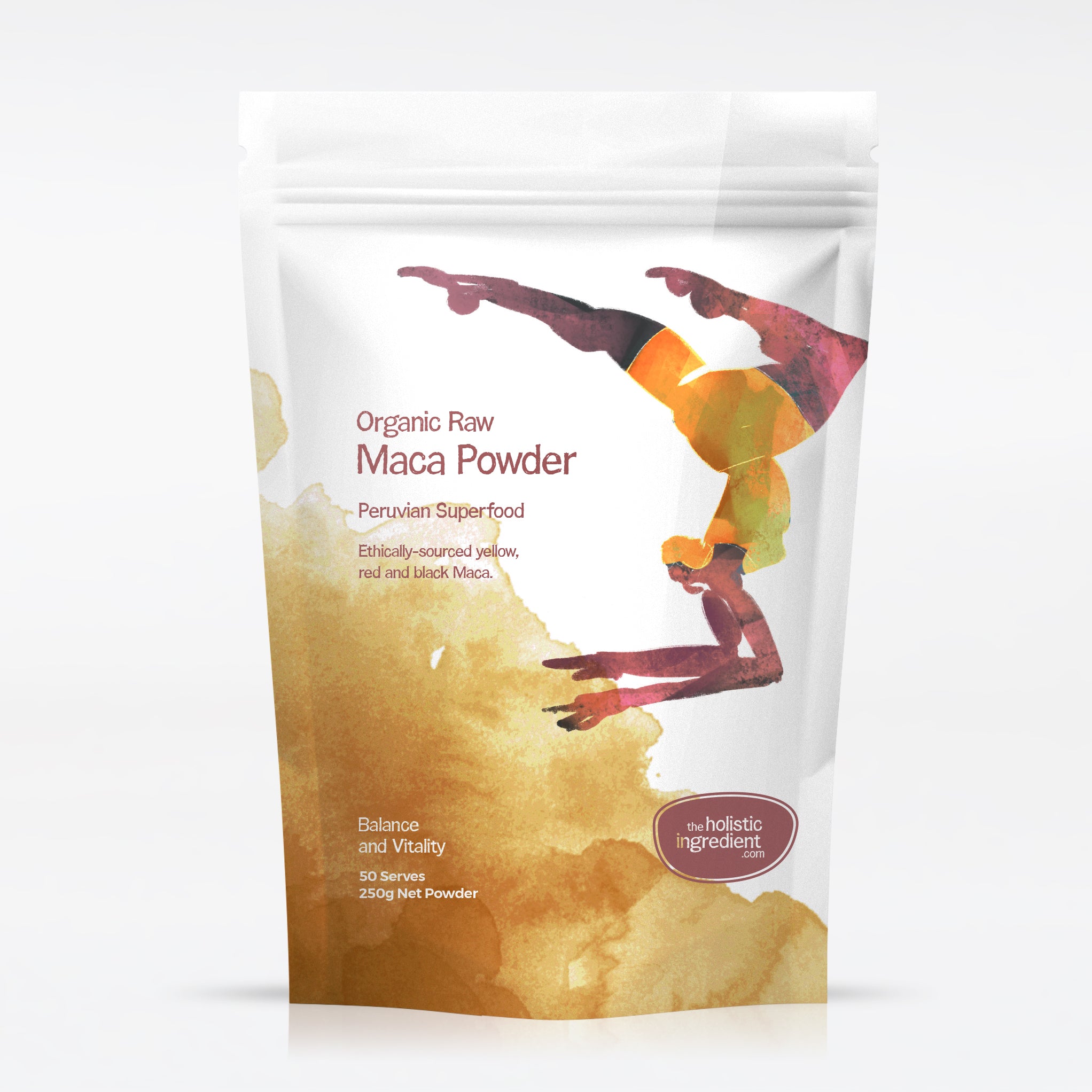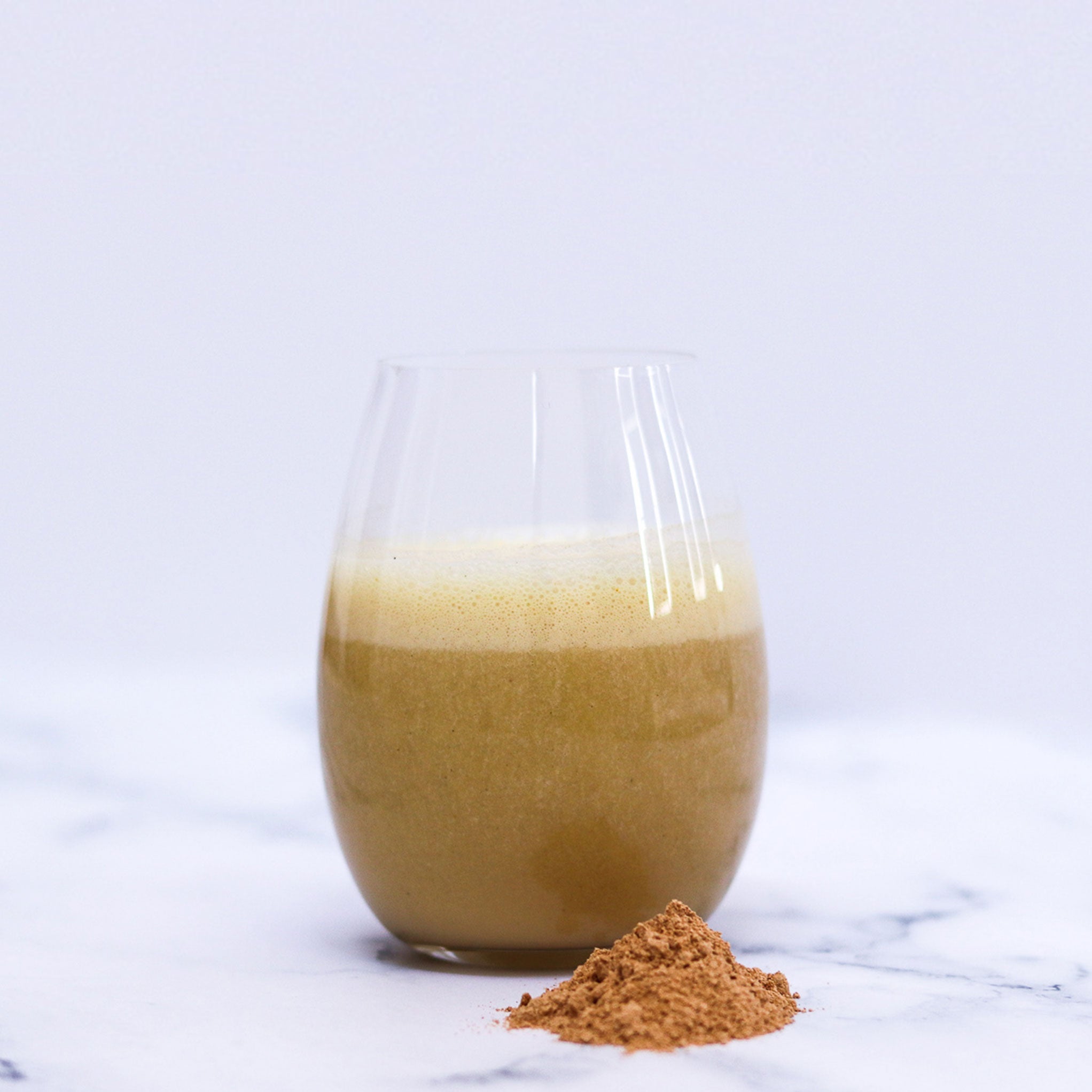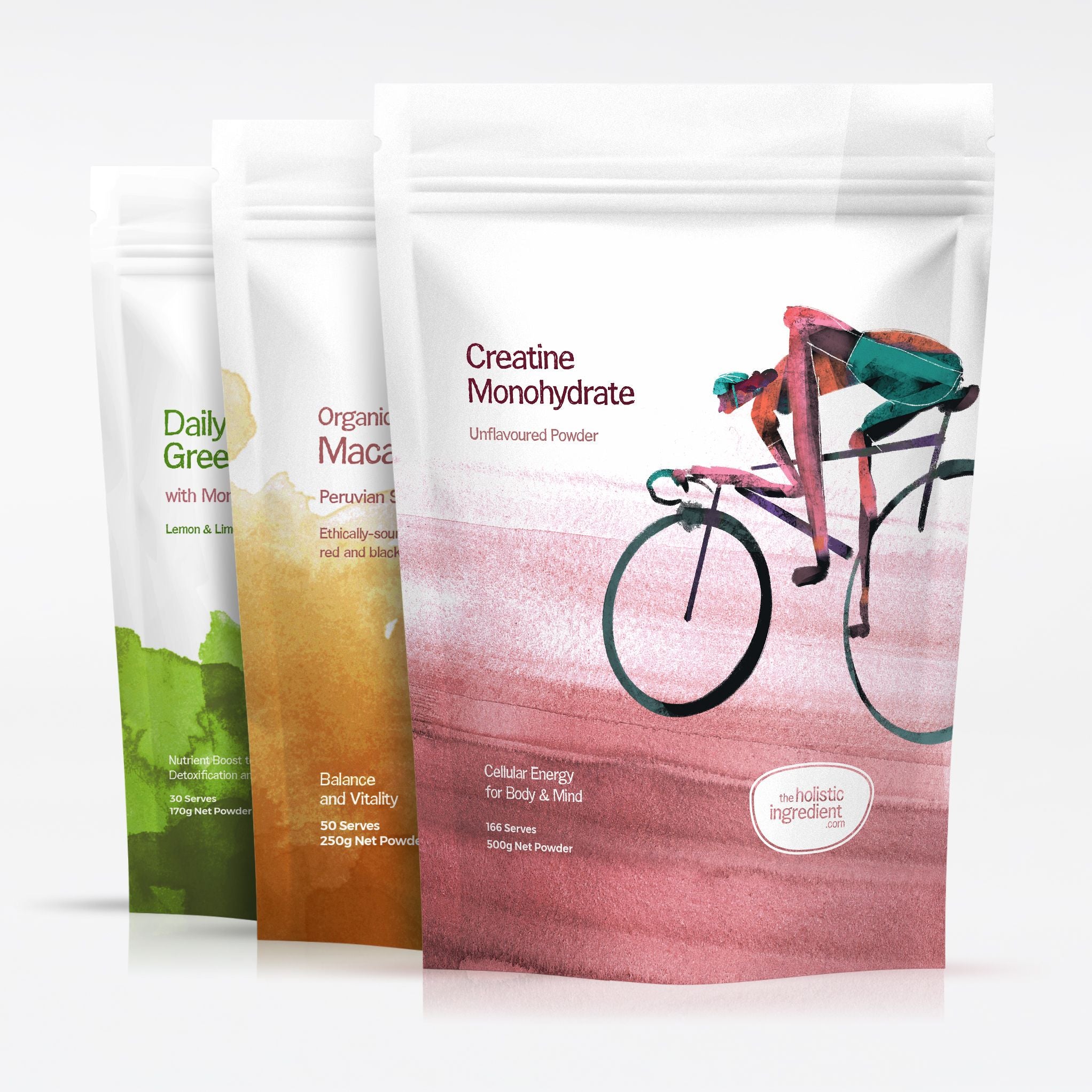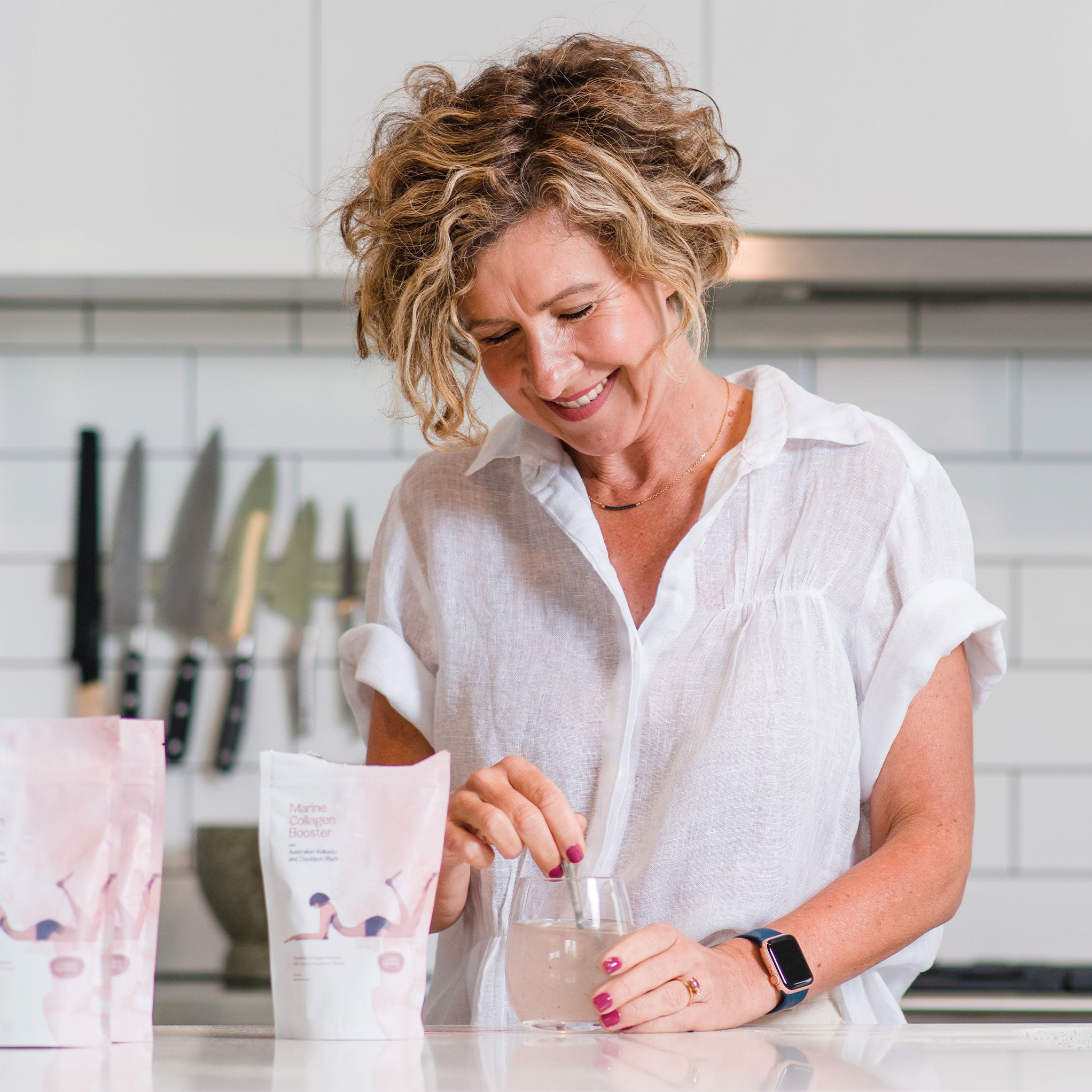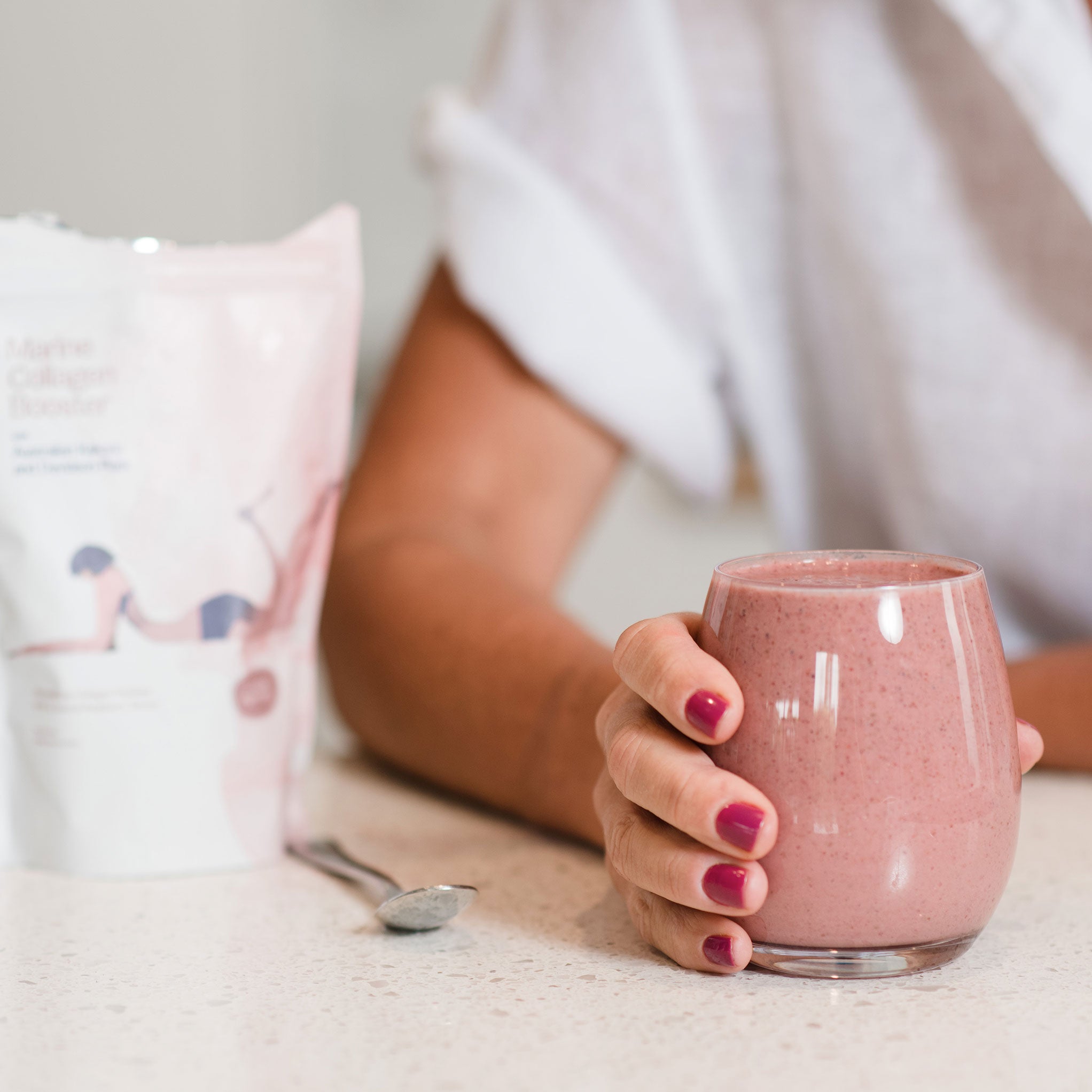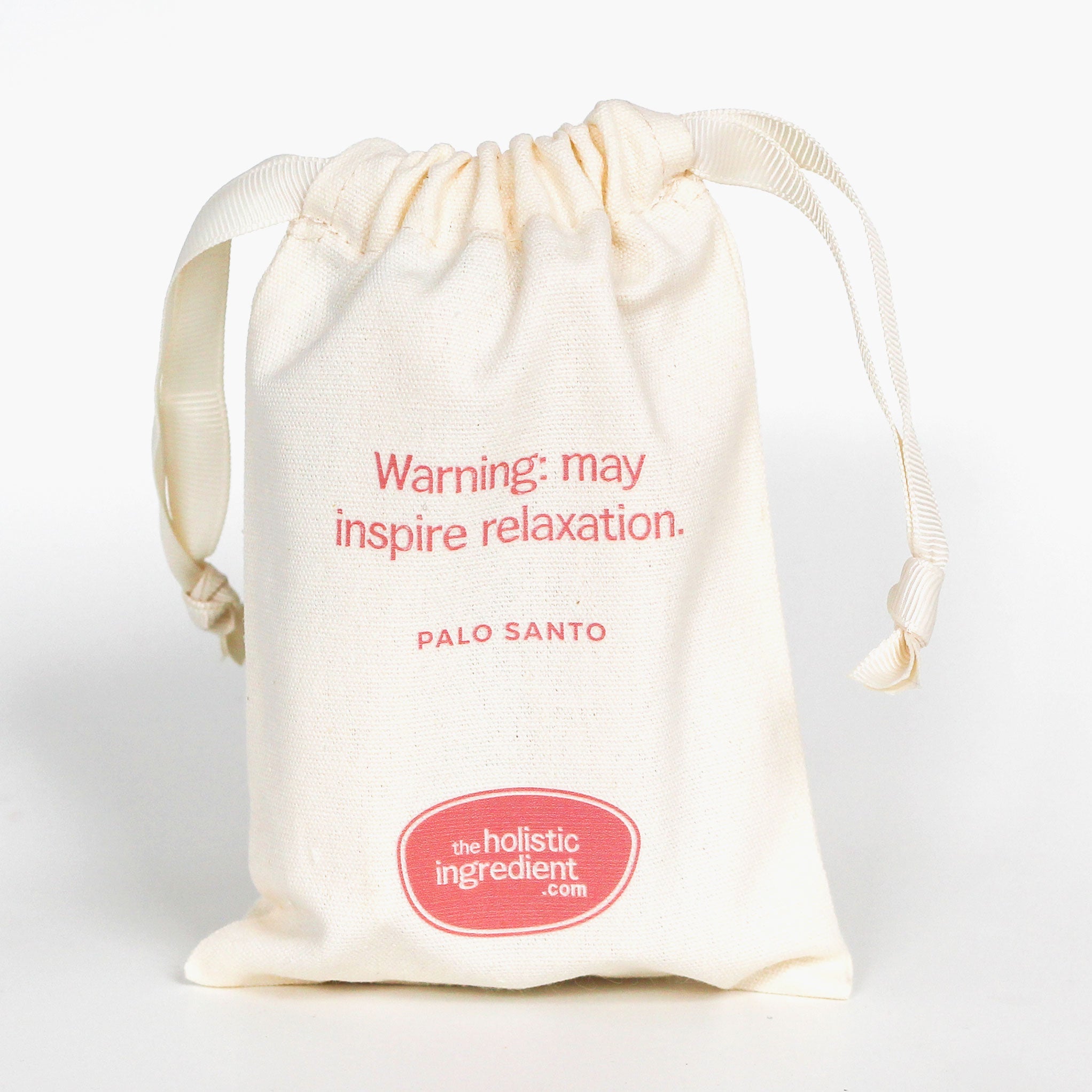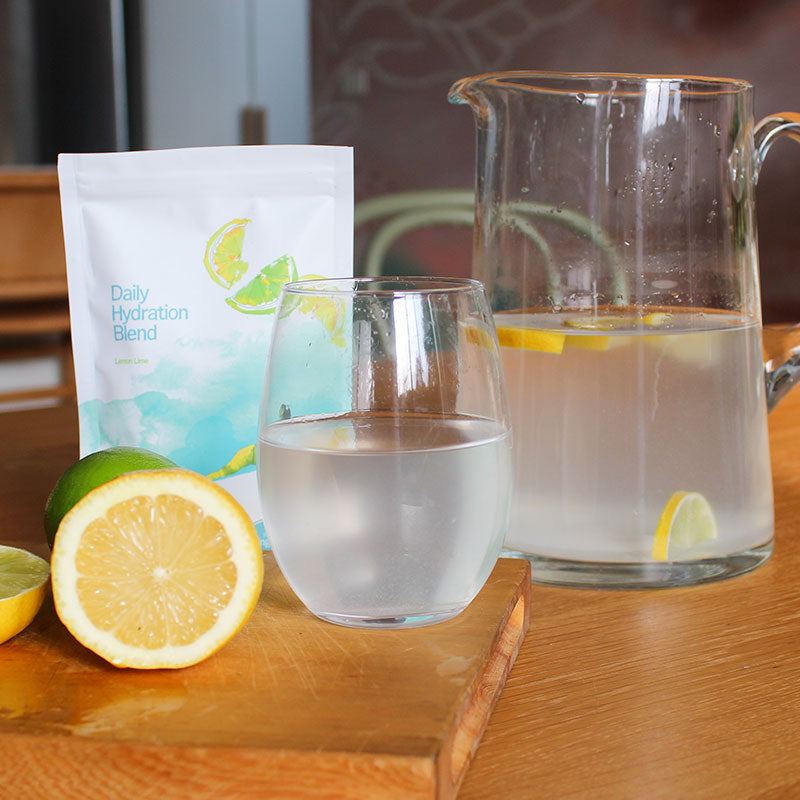
Every day without fail, I eat it. It's just a 'thing' I need to do. If I didn't eat it at breakfast, some little yoghurt light switches on in my brain post dinner and demands that I sort said yoghurt neglect. Typically I plop a couple of tablespoons into a little bowl and adorn it with anything from maca powder, nuts, berries, cacao nibs...whatever! It's all good when it's with yoghurt.
I love yoghurt so much that five:am organic yoghurt even noticed and asked me to be their ambassador, which is actually officially a 'job' - can you imagine my delight? "Eat more yoghurt and talk about it more often?! Sure thing, I can do that!" Tough life.
Aside from its health benefits, what I love about yoghurt is it's versatility, it complements so much of what I eat. There's the sweet omelette, a spicy chicken marinade, quinoa porridge (see below), a dollop on soup, in a (particularly delightful) avocado and coconut breakfast cheesecake...it manages to infiltrate my meals, delighting with its tangy, creamy deliciousness.

But enough about my obsession. Let's move on to what I'm really here to chat about today - five health benefits of yoghurt:
To replenish good gut bacteria.
Last week we touched on the benefits of consuming fermented foods such as kimchi, to introduce beneficial bacteria to your digestive system. Well yoghurt is another such way to do so. Your body needs a healthy amount of 'good' bacteria in the digestive tract in order to optimally absorb nutrients from food and stay in healthy balance. In a world of antibiotics and inadequate diets, live bacterial cultures in yoghurt serve to replenish the intestines with helpful bacteria, ensuring the harmful bacteria does not take over.
For ease in digestion.
Yoghurt is easier to digest than milk. And for those who are lactose intolerant or exhibit protein allergies, yoghurt is often a better option (we will touch on the adverse effects of dairy another time). The culturing process makes yogurt more digestible than milk, whereby the live active cultures create lactase, the enzyme lactose-intolerant people lack. In addition, bacterial enzymes created by the culturing process, partially digest the milk protein casein, making it easier to absorb and less allergenic.
An excellent source of protein.
A good quality yoghurt containing live and active cultures, contains on average 20 percent more protein than the same volume of milk. Yogurt can be an excellent source of protein, but do know one variety may contain more than double the protein of another. Greek yogurt, which is strained to make it thicker, has up to 20 grams> of protein per container; traditional yogurt may have as few as five grams. If you're eating it for the protein, look for brands that provide at least eight to ten grams per serving.
To decrease yeast infections.
One for the ladies. According to Dr Seares research has shown that eating eight ounces of yogurt daily (containing live and active cultures) reduces the amount of yeast colonies in the vagina and decreases the incidence of vaginal yeast infections.
To boost immunity.
Bacterial cultures in yoghurt have been shown to stimulate the infection fighting white blood cells in our blood stream. According to a study by the Journal of Nutrition, subjects consuming four ounces of yoghurt per day recorded much stronger and more active T cells (which battle illness and infection) than they did prior to consuming yoghurt. "The healthy bacteria in yogurt help send signals to the immune-boosting cells in your body to power up and fight off harmful bugs," says lead study author Alexa Meyer, PhD, a nutrition researcher. In addition, allergy sufferers, who typically have low levels of certain T cells, may also find a significant relief from symptoms by adding yogurt to their diets.
Five:am Greek yoghurt is a great example of a high quality yoghurt, but for those of you who need to (or simply choose to) omit dairy from your life, tomorrow we share a fantastic coconut milk yoghurt recipe for you to try.














